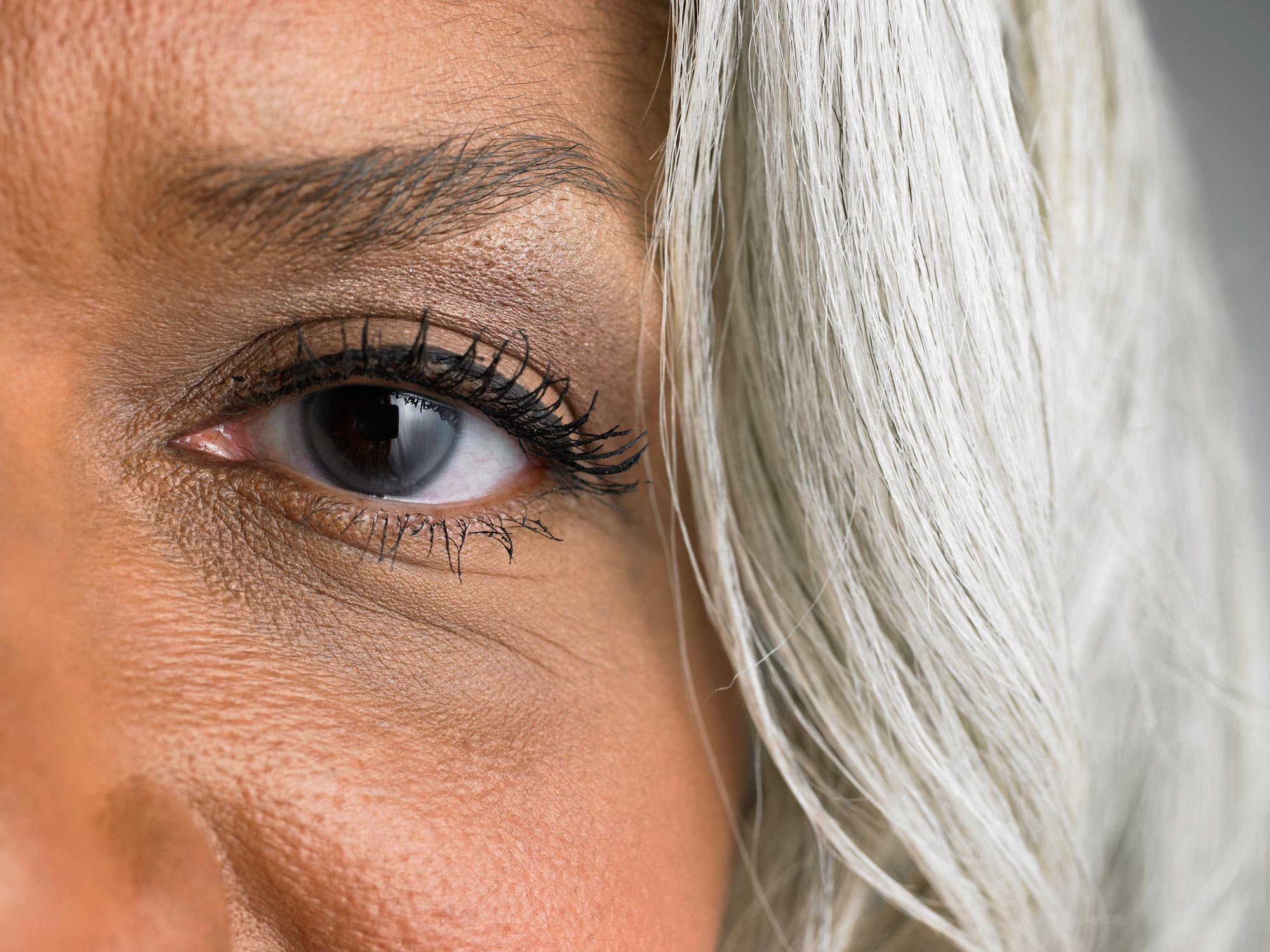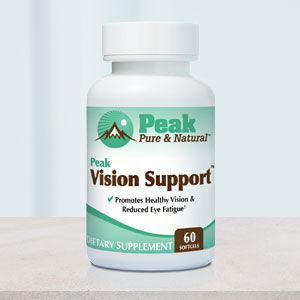Get Easy Health Digest™ in your inbox and don’t miss a thing when you subscribe today. Plus, get the free bonus report, Mother Nature’s Tips, Tricks and Remedies for Cholesterol, Blood Pressure & Blood Sugar as my way of saying welcome to the community!
Top 5 nutrients to fight age-related eye disease

As you age, it seems like your eyes are one of the first body parts to go. Even if you had 20/20 vision your entire life, when you hit middle age you start to see the world differently — and not in a good way!
All of a sudden you need glasses to drive or read… and that’s if you’re lucky and have managed to dodge more serious age-related eye disorders like macular degeneration, cataracts and glaucoma.
Your risk for these diseases skyrockets after age 60…
And while cataracts are relatively treatable with surgery, macular degeneration and glaucoma can cause you to go blind… a scary prospect which threatens not only your vision but your independence.
So clearly, it’s time to turn an eye toward prevention if you want to keep your eyesight operating at full force as you get older.
And one of the best ways to do this is through diet. But not just any diet. There are very specific foods you should eat so you can get the best eye health nutrients — and keep seeing things clearly.
What nutrients do you need
The Age-Related Eye Disease Study conducted by the National Eye Institute found that high levels of antioxidants and zinc can cut your risk of macular degeneration by 25 percent.
And another study conducted by researchers from the Massachusetts Eye and Ear Infirmary found that eating vegetables high in the carotenoids lutein and zeaxanthin reduces your risk of macular degeneration by 43 percent.
Additionally, a study published earlier this year in the journal Ophthalmology showed that eating foods rich in vitamin C reduces your risk of cataract progression by 33 percent.
And there’s mounds more evidence that shows diet can make a big impact on your eye health as you age.
Here’s a quick rundown of the most important nutrients to support your eyesight in your older years:
- Zinc
- Vitamin C
- Vitamin E
- Omega-3 fatty acids
- Carotenoids (like beta-carotene, lutein and zeaxanthin)
How to get them
Besides meat and dairy, some of the best dietary sources of the nutrient zinc are nuts and beans like kidney beans, chick peas, cashews and almonds. And if you’re looking for a healthy grain to support your eye health, quinoa is a good choice because of its zinc content.
You should also eat a lot of antioxidant-rich dark green vegetables like spinach, broccoli, lettuce and kale…
And speaking of kale, it’s a great source of the carotenoids lutein and zeaxanthin, which really help slash your risk of macular degeneration. These carotenoids are also found in romaine lettuce and collard greens.
To pump up your vitamin C intake, you can turn to oranges, red and green bell pepper, cauliflower, broccoli, strawberries and — once again — kale.
Kale also contains vitamin E, which can be found in other leafy greens like spinach and Swiss chard, and nuts like almonds and hazelnuts too.
Make sure you get a healthy dose of omega 3 fatty acids by eating at least two servings of fish per week. And guess what else contains omega 3 fatty acids — kale, of course!
So basically, what you need to do to keep your eyes healthy is eat a lot of vegetables, fruits, healthy fats and healthy grains. And make sure you eat a lot of kale, because it seems to contain almost every nutrient you need to keep your eye health intact!
Editor’s note: Did you know that when you take your body from acid to alkaline you can boost your energy, lose weight, soothe digestion, avoid illness and achieve wellness? Click here to discover The Alkaline Secret to Ultimate Vitality and revive your life today!
Sources:
-
“A diet to help prevent serious eye illness.” The Chicago Tribune. http://www.chicagotribune.com. Retrieved May 27, 2016.
-
“Age-Related Eye Disease Study–Results.” The National Eye Institute. https://nei.nih.gov. Retrieved May 27, 2016.
-
“Eating foods high in vitamin C cuts risk of cataract progression by a third.” American Academy of Ophthalmology. EurekaAlert! http://www.eurekalert.org. Retrieved May 27, 2016.














